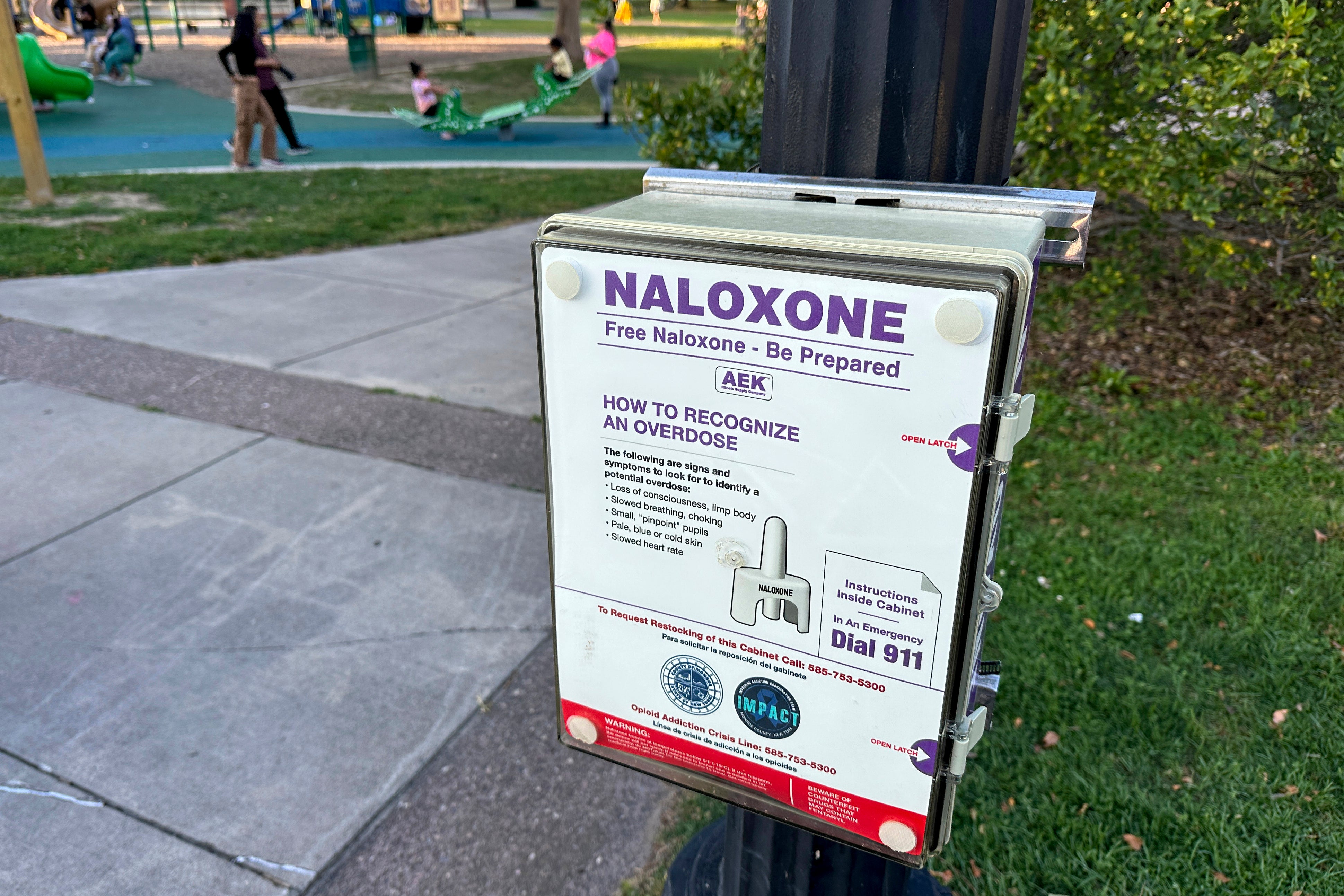A little-known federal agency responsible for funding vital health faces potential downsizing and even elimination under a proposed restructuring of the US Department of Health and Human Services.
The agency, the Substance Abuse and Mental Health Services Administration (SAMHSA), currently commands an $8 billion budget and employs over 700 staff.
It is responsible for services including the 988 crisis line, naloxone distribution, and addiction treatment.
Under a proposed plan by Health Secretary Robert F. Kennedy Jr., SAMHSA would be absorbed into a new entity, the Administration for a Healthy America (AHA). This new office would consolidate five existing agencies, including those responsible for chemical exposures and work-related injuries.
SAMHSA staff would be integrated with employees from these other agencies.
The HHS justifies this merger as a means to "increase operational efficiency and assure programs are carried out because it will break down artificial divisions between similar programs."
“Millions of Americans who get mental health and substance use services depend on SAMHSA even if they have never heard the name of the agency,” said Brendan Saloner, an addiction researcher at Johns Hopkins Bloomberg School of Public Health.
During Kennedy's confirmation hearings, he said he was addicted to heroin for 14 years and has been in recovery for 42 years.
He called medication-assisted treatment such as Suboxone (buprenorphine) and methadone medically necessary, but also said he considers the gold standard to be 12-step programs like Alcoholics Anonymous and Narcotics Anonymous.
During his presidential campaign, Kennedy had proposed a network of “healing farms” where people could work while recovering from addiction.
SAMHSA was created by Congress in 1992, so closing it is illegal and raises questions about Kennedy’s commitment to treating addiction and mental health, said Keith Humphreys, a Stanford University addiction researcher.
“Burying the agency in an administrative blob with no clear purpose is not the way to highlight the problem or coordinate a response,” Humphreys said.
Other experts said crippling SAMSHA could stall progress on overdose deaths. The agency regulates methadone clinics and pays for addiction prevention efforts in all 50 states.

“There’s a reason why we have reduced overdose in this country, it’s because SAMHSA has been doing its job so well,” said Dr. Ruth Potee, medical director for seven methadone clinics in Massachusetts.
“My jaw drops at this news.”
Noting the 24 per cent decline in drug overdose deaths over a recent 12-month period, former White House drug czar Dr. Rahul Gupta said he's concerned the bureaucratic overhaul will slow momentum.
“A worsening overdose crisis is the last thing our nation needs,” said Gupta, who served under President Joe Biden.
The announcement follows weeks of dismissals and grant terminations that have created an atmosphere of shock and fear among government-funded researchers and federal health employees.
Saloner said overhauling a large organization could be done in a way that leads to better services for people, “but I am troubled by the lack of a deliberative process that seems to be creating chaos and driving really talented people out of the federal workforce.”







